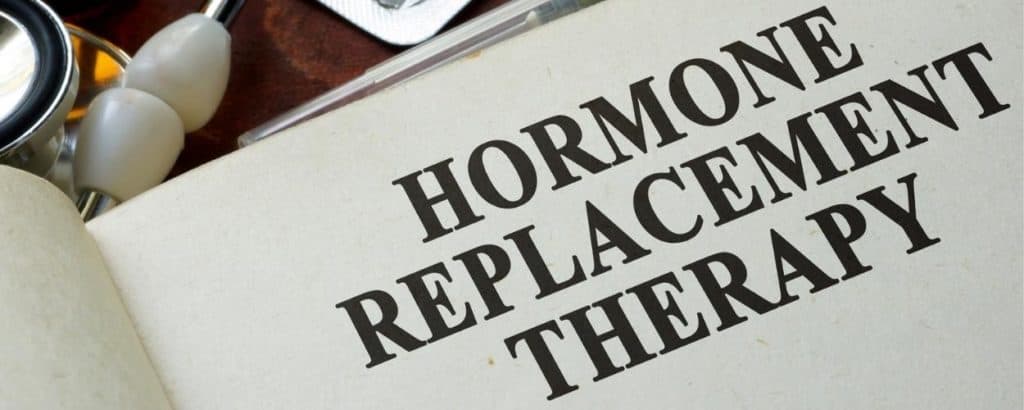
is testosterone replacement therapy expensive
cheapest testosterone replacement therapy
Also, you want a provider familiar with all hormone therapy forms. Not just Testosterone Replacement Therapy. You won't get the best advice from a provider who doesn't understand all types of hormone treatment.
To help men better understand the potential benefits and dangers of testosterone replacement therapy, we have created a comprehensive guide that outlines all aspects. TRT is a hormone therapy that treats men suffering from symptomatic low testosterone. This involves the use of hormones like testosterone to augment the body's naturally-occurring levels. Although it may be helpful for people with low testosterone, there are risks. These include an increased likelihood of prostate cancer, cardiovascular issues and gynecomastia. Also, there are some indications that testosterone replacement therapy may increase your risk of stroke. Before beginning hormone replacement therapy, consult your physician to determine the risks and benefits to your health. It is recommended that patients talk with their healthcare providers about possible side effects to make sure they are comfortable with these potential risks. Low testosterone levels can benefit from testosterone replacement therapy, but it is important to fully understand the potential side effects before you begin any hormone replacement therapy.
Ask your provider:ÿ- what kind of side effects are possible from your treatment? What measures will they take to reduce, mitigate, or eliminate them?




